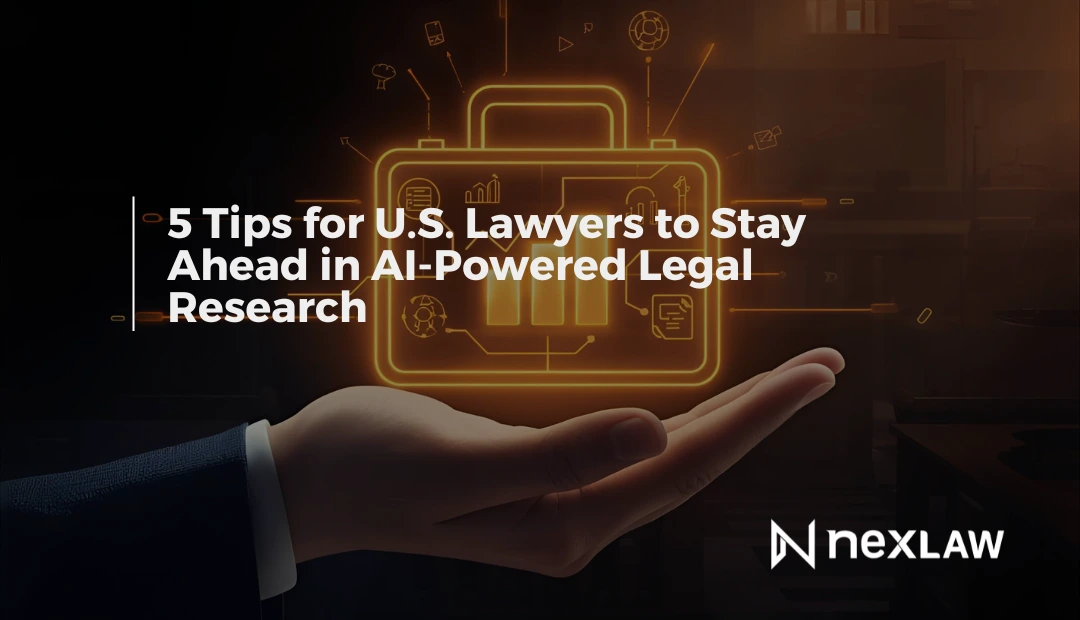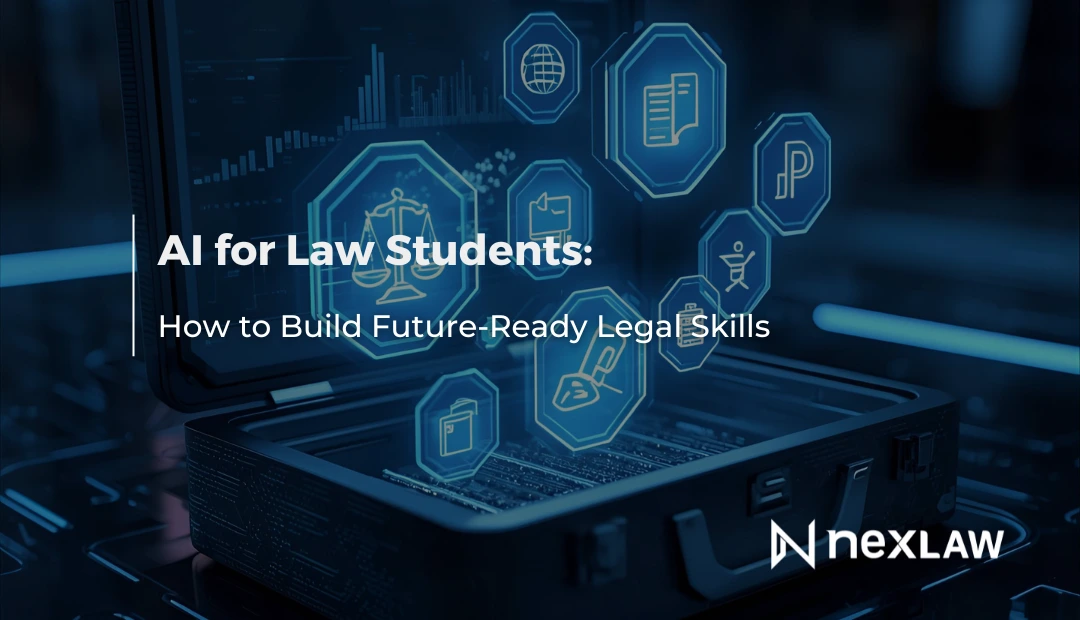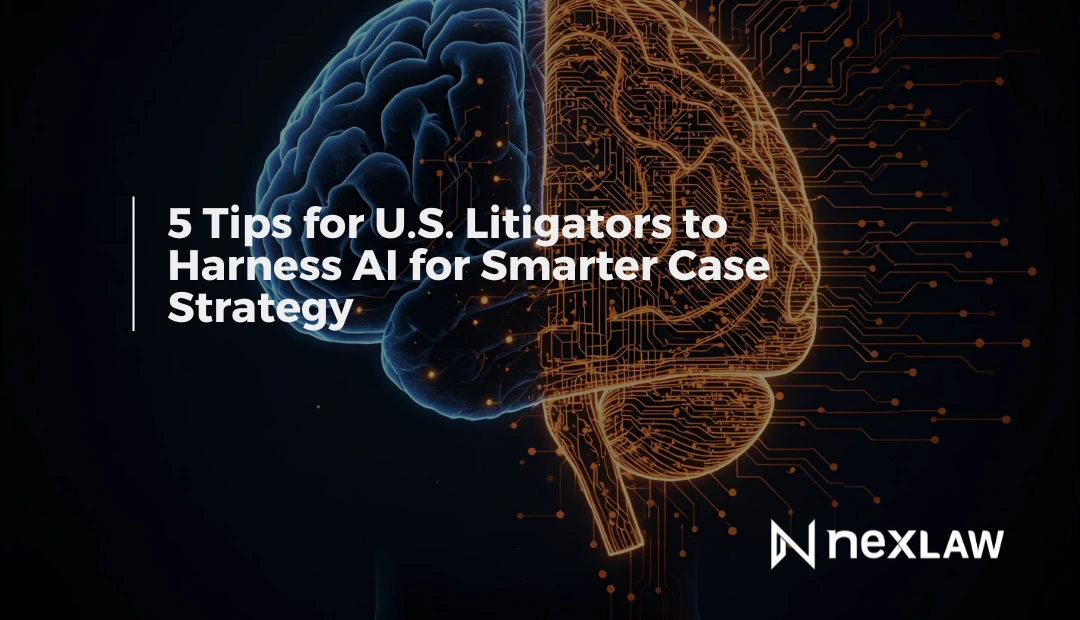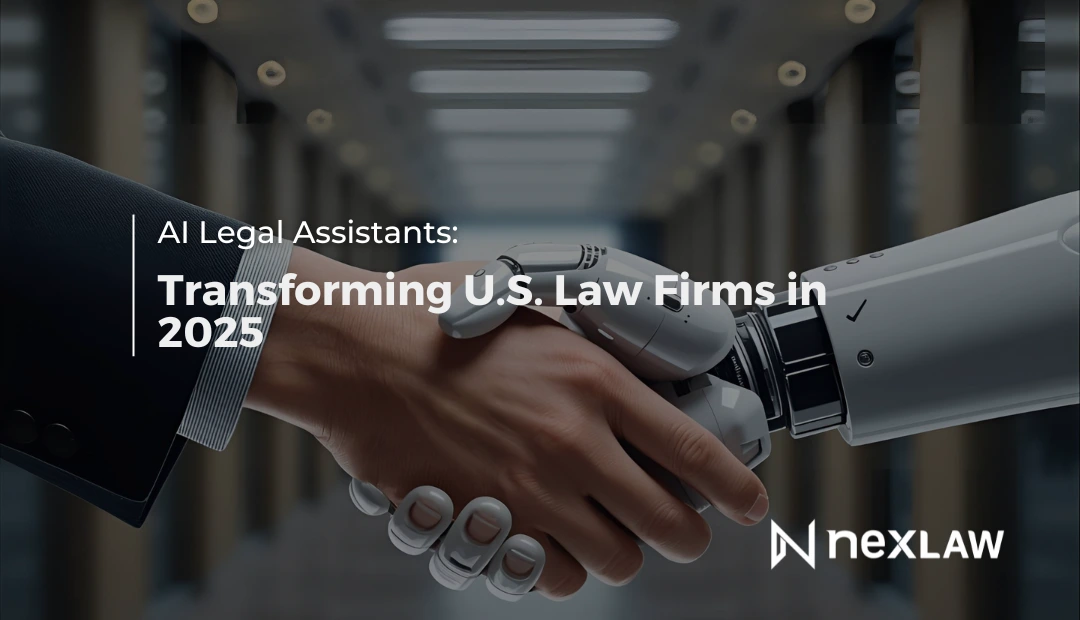5 Tips for U.S. Lawyers to Stay Ahead in AI-Powered Legal Research
Introduction
Artificial Intelligence (AI) is transforming legal research in the United States. Modern AI platforms help lawyers review case law, analyze precedents, and generate strategic insights more efficiently than manual research alone. By integrating AI thoughtfully, law firms can improve workflow efficiency, maintain accuracy, and support stronger case strategies, while ensuring compliance and ethical oversight.
Unlock Legal Insights Instantly!
This article outlines five practical strategies for U.S. lawyers to leverage AI safely and effectively in legal research.
1. Identify High-Impact Research Tasks for AI
Not all legal research tasks benefit equally from AI. Start by automating repetitive, time-intensive processes, such as:
- Reviewing case law and precedents
- Summarizing depositions or witness statements
- Analyzing contracts or agreements for key clauses
- Preparing research for motions and briefs
Why it matters: Focusing on high-impact tasks provides immediate efficiency gains and helps attorneys gain confidence in AI-assisted workflows.
Pro Tip: Begin with lower-risk tasks like citation checking or document summarization before expanding to complex predictive analyses.
2. Leverage AI for Predictive Insights
AI can do more than retrieve documents, it can support case strategy by identifying trends in past rulings or highlighting relevant precedents. Lawyers can use these insights to:
- Anticipate potential arguments from opposing counsel
- Identify patterns in judicial decisions
- Inform case preparation and negotiation strategies
Best Practice: Integrate AI insights into strategy meetings to enhance discussion and decision-making. Using predictive outputs as a guide, rather than a replacement for judgment, keeps attorneys in control.
3. Maintain Ethical Oversight and Compliance
Human review remains essential in AI-assisted legal research. Attorneys must ensure outputs are accurate, reliable, and ethically sound. Key practices include:
- Reviewing AI-generated content before citing in filings or briefs
- Checking outputs against official case law, statutes, and regulations
- Aligning AI use with ABA Model Rules and internal policies
Professional Insight: “Human-in-the-loop” oversight ensures AI complements attorney expertise rather than replacing it, supporting professional responsibility and minimizing risk.
4. Invest in Continuous Training
AI adoption is most effective when legal teams understand its capabilities and limitations. Training ensures attorneys and support staff can leverage AI efficiently without over-reliance or errors.
Training strategies:
- Hands-on workshops using realistic case files
- Role-specific sessions for associates, partners, and paralegals
- Designating “AI champions” to mentor colleagues and share best practices
Tip: Encourage internal documentation of AI use cases to maintain consistency and promote a culture of learning.
5. Monitor Performance and Refine Workflows
AI integration is an ongoing process. Monitoring efficiency, accuracy, and user adoption allows firms to optimize workflows over time. Metrics to track include:
- Time saved per research task
- Accuracy and relevance of AI-generated insights
- Attorney satisfaction and adoption rates
- Impact on case preparation and strategy
Example: Law firms can assess improvements by comparing AI-assisted workflow time with traditional methods. Continuous review ensures AI delivers measurable benefits without introducing risk.
Conclusion: Implement AI Thoughtfully with NexLaw
AI-powered legal research is a practical necessity for modern U.S. law firms. By focusing on high-impact tasks, leveraging predictive insights, maintaining oversight, training teams, and monitoring performance, lawyers can integrate AI efficiently and responsibly.
Platforms like NexLaw | Your AI Legal Assistant provide a litigation-first approach with:
- U.S.-specific legal datasets for precise results
- Built-in guidance and contextual prompts
- Predictive analytics for strategic insights
- Ethical compliance and citation verification
- Internal dashboards to track performance
Compared to general-purpose platforms, NexLaw helps law firms implement AI safely, enhance case strategy, and gain measurable workflow improvements without disrupting existing processes.
Lawyers who embrace AI today are shaping the legal profession of tomorrow. Whether you’re part of a litigation team, a solo attorney, or a paralegal eager to expand your role, NexLaw makes it possible.
NexLaw is designed to help paralegals and attorneys—solo or from small and mid-size—prepare cases more efficiently, with greater accuracy and strategic insight.
Book a Guided Demo — See how NexLaw fits seamlessly into your practice and transforms your workflows.
Start a Free 3-Day Trial — Explore NexLaw risk-free and experience firsthand how AI can enhance efficiency, accuracy, and client satisfaction.
*t&c applied | visit our website for more details
With NexLaw, the future of litigation is here - AI-powered, accurate, and accessible.






